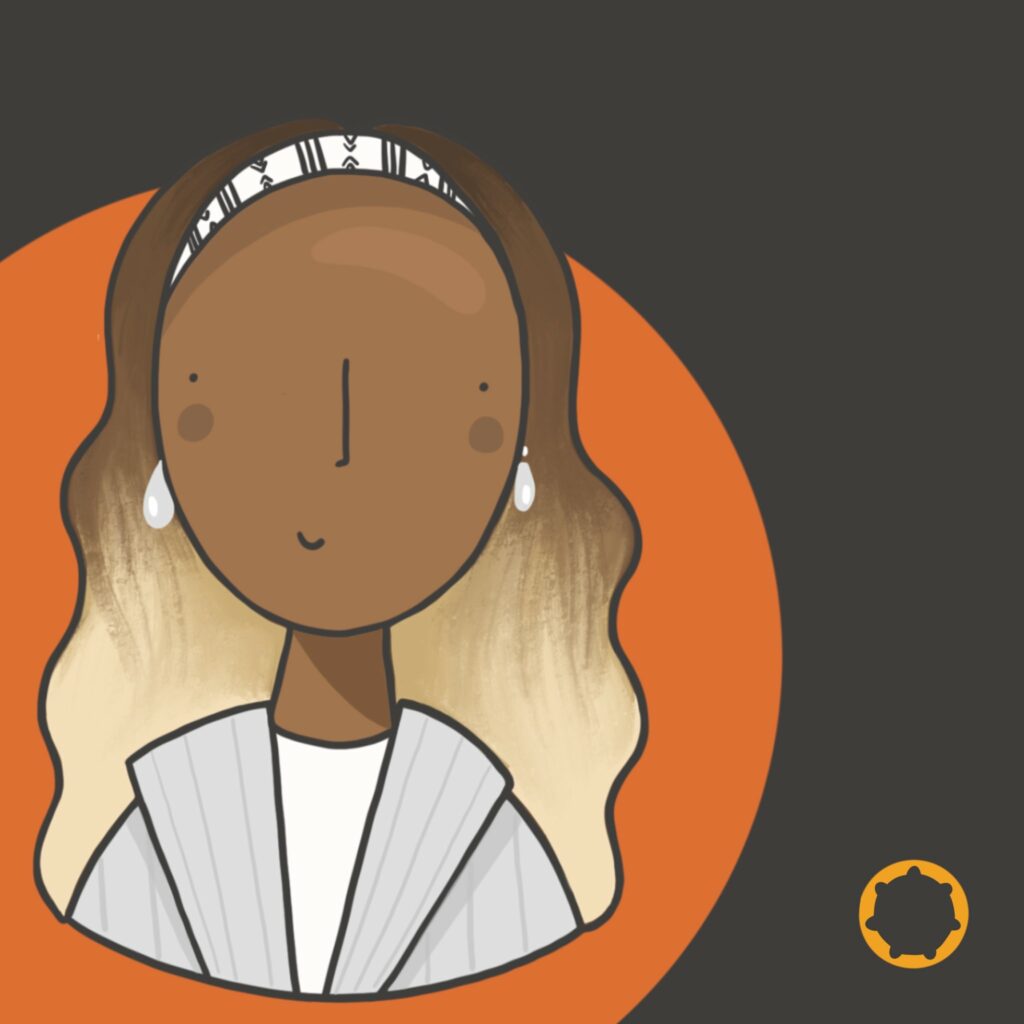Migrants Organise member, Lola speaks out about living life under the brutal eye of the Home Office and the everyday strategies of resistance that helped her to grow her power.
Lola’s story
“The day they [immigration enforcement officers] banged on the door, it was the day my daughter clocked three. The day of her birthday. I was upstairs trying to get my daughter to sleep, reading a bedtime story in my sisters house.

It was twenty minutes past eight. BANG. It was so loud.
My sister and her husband were downstairs. My sister’s husband opened the door.
Four Immigration Officers came in. We realised it was me they wanted to speak to. It was terrifying- I’d only seen this sort of thing on TV.
I think because of my daughter they didn’t take me anywhere- like a detention centre. But, they did say I had to start reporting. On this day, my depression started.
No control
Before this day I’d finished studying my Masters in Business Administration. The situation had changed a lot back home- I really couldn’t go back. I had my daughter with me, so I tried to apply for papers.
I was living with my sister. She was a nurse. I couldn’t work. I was at home taking care of my daughter and my sister’s two kids. It wasn’t easy. My sister made food available, but if I wanted anything for myself, I couldn’t buy it. I couldn’t buy anything for my daughter…only my sister could. I had no money, no nothing. I was hoping for better.
I had no control over my life. You can’t say what’s going to happen.
Reporting
I had to start “reporting” at the immigration centre. I travelled to Croydon every two weeks for four years.
It’s written in the letter that you might be detained, so anytime you are going you think “this might be the end”. I would always tell my sister when I was about to report- I’d call her to let her know “I’m about to enter” maybe ten minutes later when I’m done I call her “I’m done”. That’s how scared you are.
Sometimes I’d see people being told to sit down and a few minutes later you’d see an immigration officer come and take them away…maybe to a detention centre …and from there some of them may be deported. You wouldn’t know where they’d gone.
It could be me next. When you go in, they look at you like you’re worthless…it’s dehumanising. Anything could happen at any time.
So I’d always be going on the basis of “this might be it”. This might be the end.
Knowing my rights
“Say nothing, ask no questions. Whatever they say, you have to just do”
That’s what I used to think.
I used to think they could just say ““right you’re going back to your country”.
But I realised that even without our immigration status- we still have rights. Like, if we have a health emergency we have the right to get free healthcare. And, when we are reporting we have the right to speak. In the reporting centre, they used to tell me where to sit- but then I started deciding where to sit.
I learnt this at the Women’s Group as Migrants Organise. A lawyer came to speak with the group and we learnt this. Everyone needs to know their rights.
I remember the first day I went to Migrants Organise. I spoke to Heike, she’s the Advice Manager. I explained everything to her, she listened and said they would support me. In the end, she gave me money for my travel costs. My mouth dropped- nobody had done this before. That there could be people here, that can take me as a family. At Migrants Organise I had the right to dignity.
They took my problem as one big problem- here, any problem I have is like everyone’s problem.
Back in 2020, in the beginning of the pandemic, I had to move out of home suddenly. I was close to being homeless with my daughter. I rang Migrants Organise: Heike, Brian, Francesca, Bethan. They got back to me- they found somewhere for me.
We now have leave to remain. This has been a huge relief. I have my rights, my daughter has rights.
I have more rights now. I’m working. My daughter is at school. I’m a carer. I’m a people person you see- people say I have a warm energy. I think it’s true. Next, I’m going to train as a nurse.
Migrants Organise stood by us- they got me something called “exceptional case funding” and helped me find a solicitor to regularise our status.
They do more than what a family does. They made sure everything was available for us and really tried for us.
My wish
There’s a lot we can change about this system.
Firstly, let people work. Not being able to work frustrates us, when we dependant on other people to lie, it’s so horrible. It drains people mentally, there is a lot of depression.
When you rely on other people “what’s going to happen next…I don’t know” it stops us from expanding our wings. Then we can pay tax, we contribute to the economy and we become independent.
Secondly, let us know our rights.
And number three: Equality! We are still humans. We are not worthless. When you don’t have your immigration status – people look at you like you are nobody. It’s dehumanising.
But the truth is: we are still worth something. We are still here. Let people know.”
Building Power is key to our work at Migrants Organise. To do this we organise and campaign, and also organise support services.
The Migrants Organise Community Programme works with around 550 migrants and refugees and their families every year. We provide a combination of advice, advocacy, training, mentoring , and group activities that create a safe and welcoming environment for our community members.


